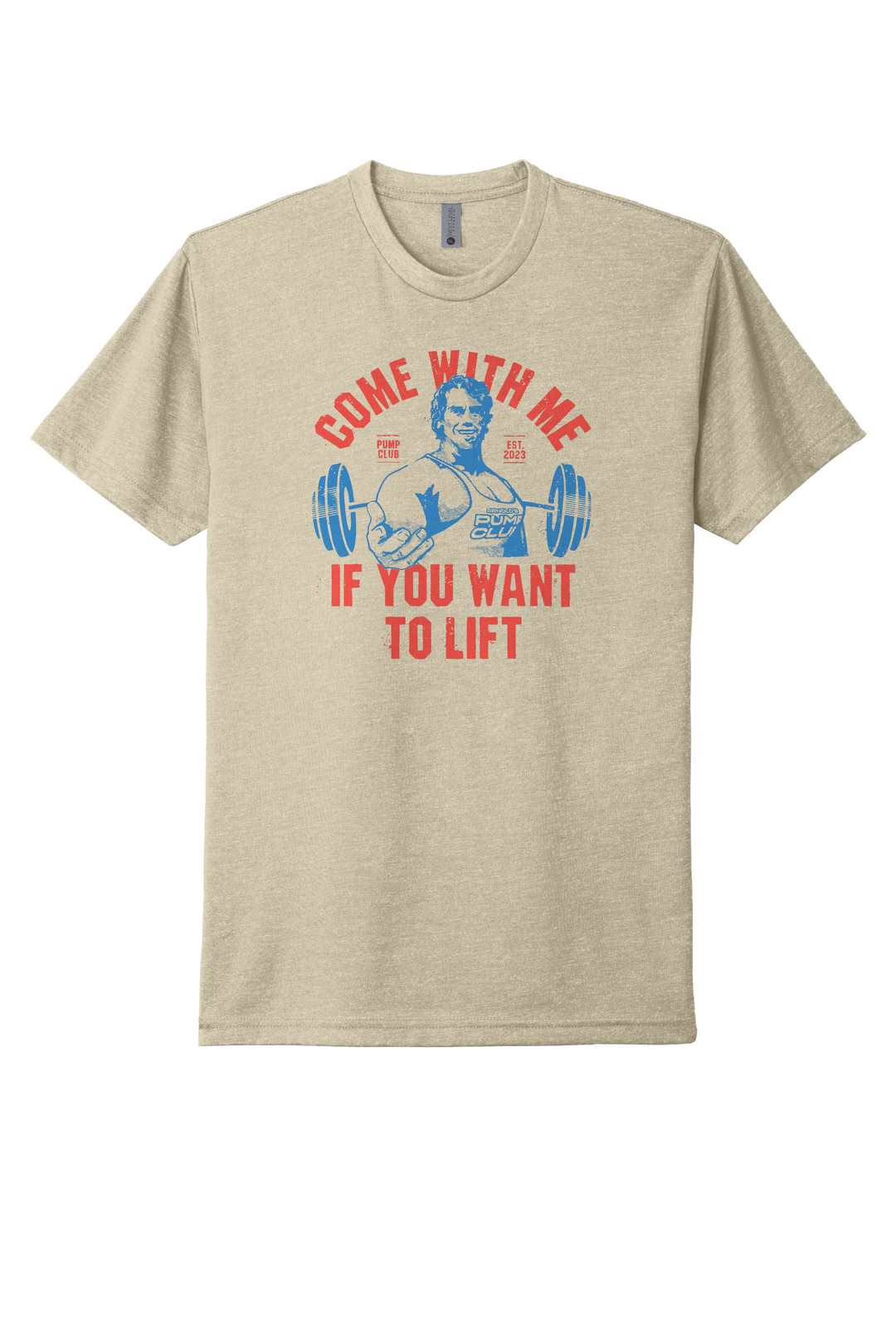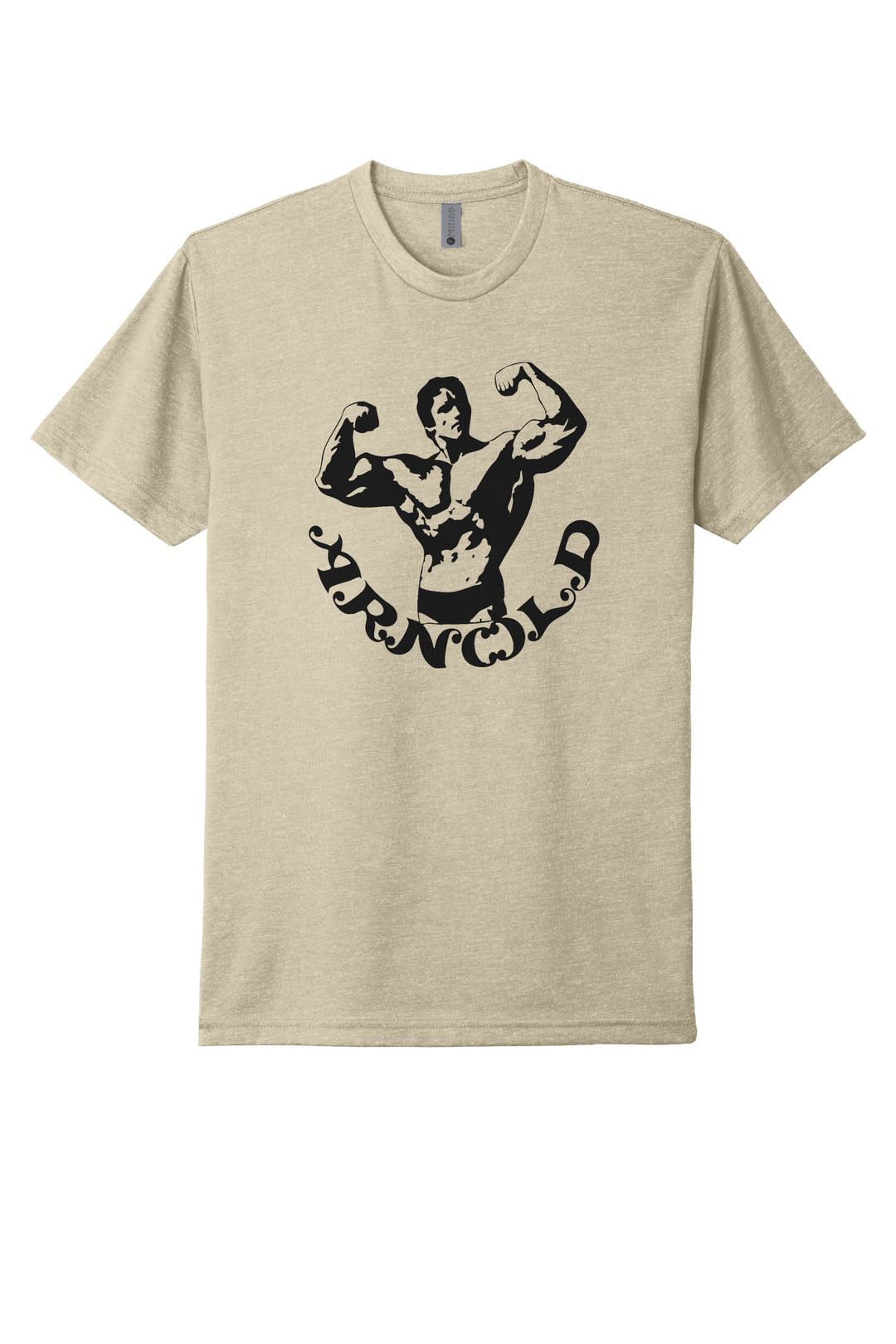Welcome to the positive corner of wellness. Here’s a daily digest designed to make you healthier in less than 5 minutes. If you were forwarded this message, you can get the free daily email here.
Today’s Health Upgrade
Remembering a legend
Does money = happiness?
The health industry’s dirty little secret
The number you won’t forget
Remembering a Legend
The tenth anniversary of the passing of my good friend and mentor, Joe Weider, just passed. For those of you who aren’t aware, Joe was the godfather of bodybuilding. He was the editor of the muscle magazines that inspired me as a young boy in Austria, the founder of the Mr. Olympia competition, and the man who brought me to America.
He’s one of the reasons I refuse to be called self-made. Joe was a jewel. He treated me like the son he never had, and after sending me my plane ticket, never stopped giving me advice on business, on bodybuilding, on family, on everything. My life wouldn’t be what it is without Joe.
I’m sure if you take the time to think about it, all of you have a Joe in your life. Most of us have many Joes in our life. I was lucky; I always told Joe how much he meant to me, so I can just remember all that he meant to me and call his wonderful wife, Betty, and reminisce about what a great man he was without any regret. If you haven’t, go out there and tell your Joe thank you.

Does money = happiness?
Each week, all of us have writer’s room meetings to discuss the topics in these emails. Usually, it’s virtual, but this past week, we met in Arnold’s backyard on a rainy day in Los Angeles.
At one point, we started discussing the age-old question: does money make you happier?
It’s a complex topic because perspective shapes reality. The person without much money will feel like those with money don’t understand the difficulties of life when paying the bills is an everyday stressor. And the person with money will insist that their pains and problems are just as real, albeit different than those without greater means.
The question isn’t whether having more money eliminates certain problems; it undoubtedly does. Money is a privilege (whether earned or inherited), and that means less stress. But does having money mean you’ll be happier? It’s not as clear-cut as it appears.
From a scientific lens, the data is mixed. Years ago, research suggested that money means you evaluate your life more positively, but it does not make you happier beyond earning $75,000 per year.
But recently, a new study of more than 33,000 people found that happiness continues to increase upwards of $200,000 per year.
Certain people seem to get more of a boost from money. Those who are generally unhappy will see the biggest surge when they hit $100,000, and the benefits seem to taper. If your general well-being is high, then the potential for money to make you even happier extends as you earn more.
The catch? “If you’re rich and miserable, more money won’t help,” according to the lead researcher. And money won’t help alleviate the suffering of life, such as loss, heartbreak, or clinical depression.
From Arnold: It always drives me nuts when rich people tell other people that “money can’t buy you happiness.” It can definitely buy you a lot of comforts, and it can make life much easier. But I also don’t think that comfort or ease is the same as happiness. You can be the most comfortable person in the world and still be completely depressed.
I think that all of you should try to make as much money as you want. But if something is missing in your life, and you find that the money and the comfort it buys you don’t make you happy, my guess is you need to find a purpose. You need to be useful. I’ve known a lot of miserable, angry, rich people.
Everyone I’ve ever known who knew why they were doing what they were doing every day has had a smile on their face. It’s why I smiled in the gym in Pumping Iron while everyone else frowned. I didn’t have money then, I was a bricklayer with Franco when I wasn’t training and going to college classes to pay the bills. But I did have a vision. I think that’s the key to happiness.
There is also one more thing: if you have tried to find happiness and you just can’t, one sure path is to help someone else. I still remember in the late 70s, when I went to train Special Olympics athletes for the first time in Wisconsin, I went back to my hotel room just feeling fantastic. I’m talking pure joy. I sat there and thought, “Why am I so happy? I didn’t make any money today. I didn’t win any awards.” I’d given back. I felt useful. That’s true happiness.
So what do you think? We want to hear from you. Share your thoughts with Arnold.
Beware of the "health halo"
Ever feel like you’re eating a lot of “healthy” foods but not seeing results? The poison might be in the pill.
Research suggests that foods marketed as healthy are easily overconsumed, something scientists call the “health halo.”
This phenomenon explains how the perceived “healthiness” of food can shift your behaviors. If you believe a food is better for you (using claims such as high-protein, low-fat, low-sugar), you experience less guilt and more easily over-eat. But even the healthiest of foods can lead to weight gain if you eat too much of them. (Food quality matters, but calories are still king.)
Food companies are aware of the “health halo effect,” which is why they’ll stretch reality to leverage certain concepts (gluten-free!) to get you to buy and eat more of their products...even if they're not actually healthier.
The outcome? Despite your good intentions, you fall short of your goals or — in some situations — find yourself even further away from achieving them.
But don’t stress. There’s no need to avoid healthy foods or clever marketing. Build the foundation of your diet around lean proteins, fruits, vegetables, nuts, seeds, legumes, and whole grains. And when you eat packaged goods with healthy labeling, remember that doesn’t give you the license to eat as much as you want.
Number You Won't Forget: ONE
The next time you decide to deprioritize sleep, remember this: It takes just one night of “poor” sleep (less than 6 hours) to sabotage good habits and healthy behaviors.
We talk a lot about sleep, and for good reason. Diet and exercise are important, and a lack of sleep can cause your best plans to crumble because of your sleep-deprived brain.
When you don’t sleep enough, it pisses off your frontal lobe. You might have no idea what that means, but just understand that it’s part of your brain that controls your decision-making and willpower. Translation: sleep deprivation makes it harder to stick to a healthier diet, avoid calorie-loaded foods, and go to the gym.
This is why sleep prioritizing sleep is an important part of a healthy lifestyle and diet. We’re only talking about hitting at least 6 hours, so start there, and then you can focus on getting more sleep once you master the minimum.
—

Lift your friends up, get a personalized, signed copy of my Encyclopedia of Bodybuilding
Help me with my fitness crusade and recruit new members. Share your referral link and if 2 people sign up for The Pump Daily, you’ll be entered to win a personalized, signed copy of my Encyclopedia of Bodybuilding. Five winners will be selected.























































